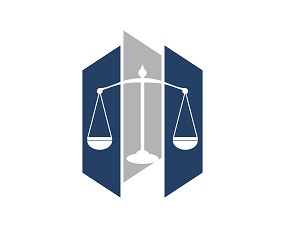 Stay tuned … the second half of this year could bring big changes for the Affordable Care Act.
Stay tuned … the second half of this year could bring big changes for the Affordable Care Act.
Just yesterday, the United States Supreme Court heard oral arguments in King v. Burwell. A ruling for the plaintiffs would mean that individuals in the 34 states that use the federal exchange should not have received premium subsidies. For obvious reasons … this is a big deal.
What is the Issue?
The Affordable Care Act (“ACA”) authorizes premium subsidies to individuals obtaining coverage via an exchange “established by the State.” The plaintiffs argue that the IRS overstepped its authority by extending subsidies to states that use the exchange established by the federal government.
The plaintiffs rely on a plain reading of the statute. According to the plaintiffs, the language makes it clear that Congress intended for subsidies to be limited to state-established exchanges in order to entice states into setting up and running their own exchanges.
The government argues that the phrase “established by the State” is simply an error of legislative drafting and that Congress clearly wanted subsidies to be available to individuals of all states.
What will the Court Decide?
Unlike many Supreme Court cases, many consider this one a toss-up. Some of the Justices seem to imply that they would look at the purpose of the ACA as a whole rather than the plain language of the statute. Other Justices indicated that the inquiry stops with statutory language.
An interesting twist is that Justices Kennedy and Sotomayor suggested that even if the plaintiffs succeed on the plain language of the statute and prove that Congress intended for subsidies to only go to states that set up their own exchanges, such a provision may be too coercive to be constitutional. Thus, even if the plaintiffs win…..they lose.
Perhaps the most insightful moment came as Justice Alito suggested the possibility that if the Court ruled against subsidies to states using the federal exchange, the Court could stay its ruling until the end of the year. That would leave 2014 and 2015 subsidies intact and provide Congress time to fix this mess.
Why does it Matter?
Should the Court strike down subsidies to individuals in 34 states, the consequences would be monumental. Many individuals would no longer be required to buy health insurance because it would become unaffordable. Insurance companies would still be required to sell insurance to everyone regardless of preexisting conditions. Thus, only sick people will buy insurance because healthy people will not be willing to pay the premiums. This would cause premiums (and the number of uninsured) to skyrocket.
Additionally, the employer mandate applies a penalty on employers that fail to offer appropriate coverage to employees. The penalty kicks in if one employee buys insurance via an exchange and receives a subsidy. If the majority of states become ineligible for subsidies, the employer mandate becomes null and void.
Stay tuned … things are about to get interesting.
To learn more about ACA compliance, COBRA administration and other employee benefit topics, subscribe to the COBRAGuard blog in the upper right hand corner of this screen.


